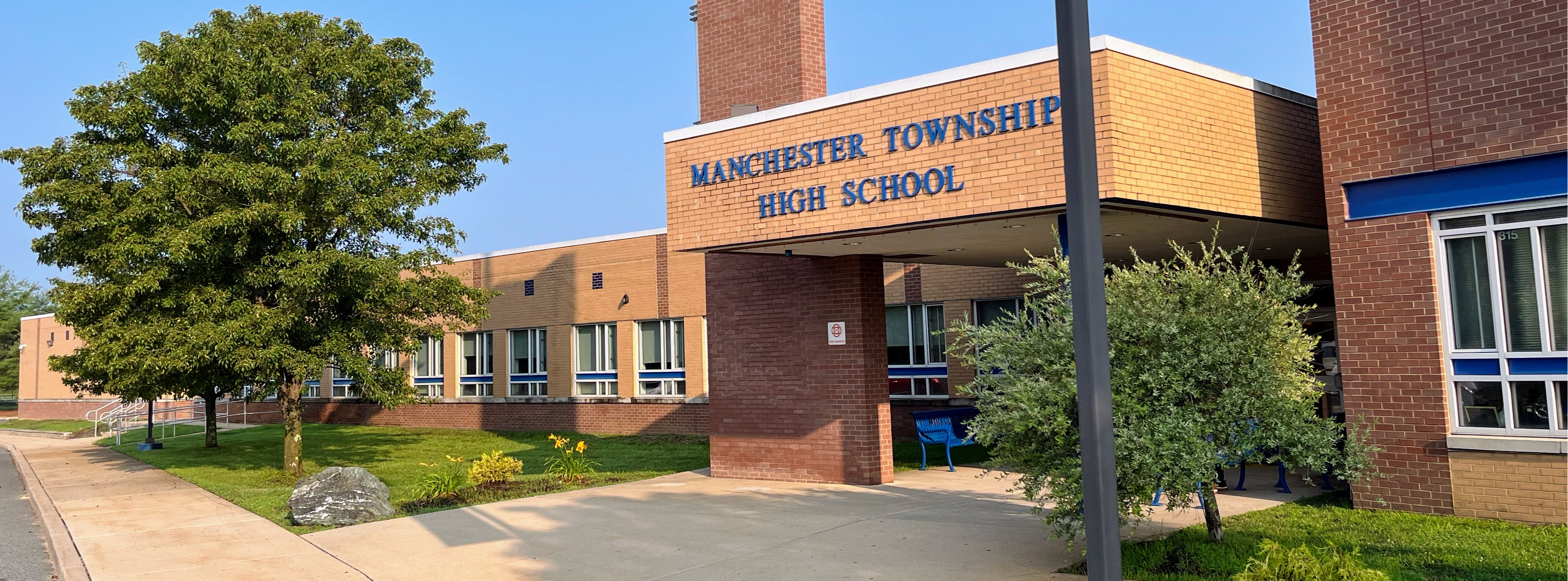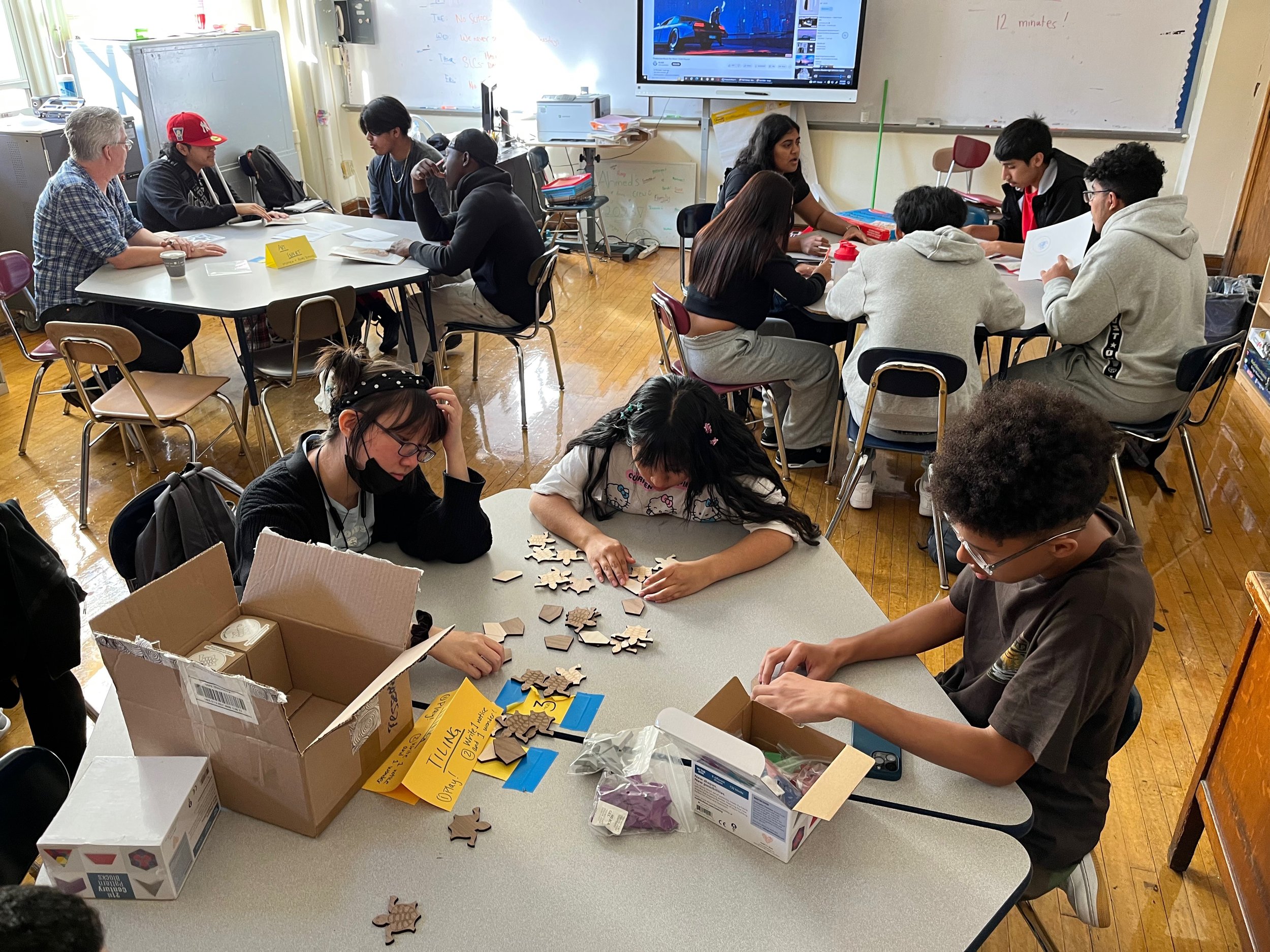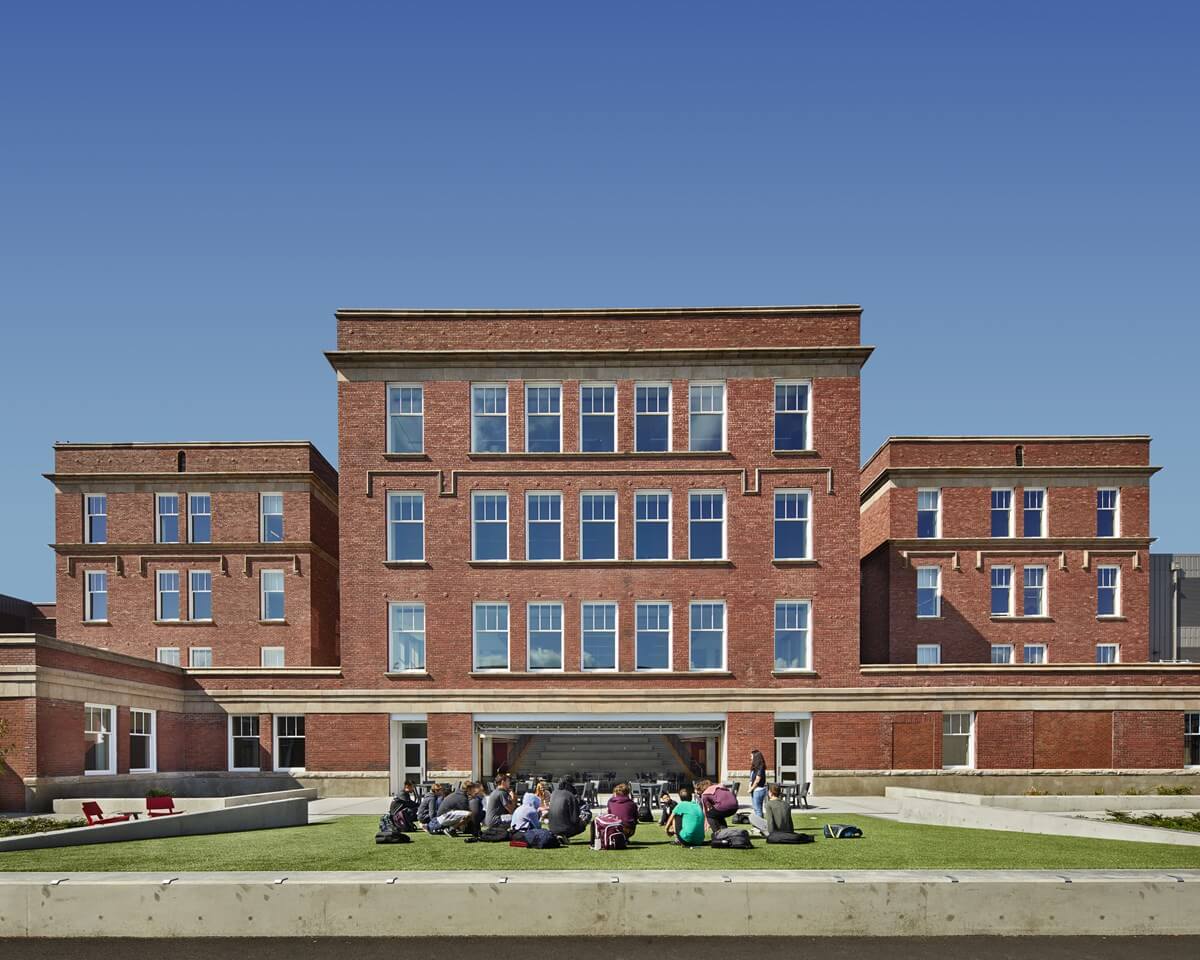Discover the Benefits of Campaigning For: Save Temecula Schools
Discover the Benefits of Campaigning For: Save Temecula Schools
Blog Article
The Effect of College Environments on Academic Success and Personal Health
The school setting considerably influences both academic success and individual health, including components such as physical layout, classroom atmosphere, and social dynamics. The layout of instructional spaces, including natural illumination and ergonomic furniture, can improve trainees' concentration and convenience. The top quality of teacher-student connections and the nature of peer communications play critical functions in fostering an ambience helpful to learning and psychological assistance. Comprehending just how these various aspects interaction to shape trainee outcomes raises vital inquiries about optimizing educational settings for alternative growth. Exactly how can schools tactically improve these facets to better support their students?
Physical Format and Style
Just how does the physical layout and layout of an institution effect scholastic success? The setup and visual of a college setting can dramatically influence pupils' understanding end results. A well-designed institution layout promotes convenience of motion, decreases interruptions, and promotes a feeling of safety and belonging. Large hallways and plainly significant locations help with smooth changes between classes, lessening lateness and disturbance. Additionally, purposefully placed common areas urge social interactions, which are important for social and psychological development.
All-natural lighting and effective air flow systems are critical in improving cognitive function and decreasing absence. Studies have actually revealed that classrooms with ample all-natural light improve trainee focus and decrease feelings of sleepiness. Ergonomic furnishings customized to trainees' demands can prevent physical pain, permitting for extended emphasis and interaction in scholastic tasks.
Accessibility to exterior areas and cosmetically pleasing surroundings additionally play a crucial role - Save Temecula Schools. Green rooms and properly maintained school premises provide possibilities for physical exercise and psychological relaxation, both of which are essential for preserving high degrees of academic performance. In essence, an attentively developed physical environment can act as a catalyst for academic quality, cultivating an environment that supports both teaching and knowing
Classroom Environment
An atmosphere that cultivates a sense of safety, inclusivity, and common respect encourages trainees to engage even more actively in their knowing processes. The atmosphere of a class, including aspects such as illumination, noise degrees, and seating plans, can dramatically influence trainee concentration and motivation.
In addition, the class environment should support a society of collaboration and open communication. They are a lot more most likely to engage deeply with the product and establish important thinking skills when pupils feel comfy expressing their ideas and asking concerns. Peer interactions and team activities can enhance knowing by cultivating and offering varied perspectives team effort
In addition, establishing clear assumptions and constant routines can develop an organized setting that enables students to focus on their studies. By reducing uncertainty and offering a predictable framework, students can better manage their time and obligations. Ultimately, a favorable class atmosphere not only boosts academic performance but likewise adds to the overall well-being of trainees, preparing them for future educational and individual ventures.
Teacher-Student Relationships
Structure on the significance of a positive classroom atmosphere, the partnerships between educators and students play a pivotal function in forming scholastic success. A healthy and balanced teacher-student partnership cultivates a finding out environment where pupils feel valued, understood, and supported, which considerably boosts their inspiration and interaction. When students view their teachers as friendly and compassionate, they are extra most likely to take part proactively in class and seek aid when required, adding to a deeper understanding of the topic.

This trust makes it possible for trainees to share their problems and ideas freely, fostering a collective knowing atmosphere. In significance, solid teacher-student relationships are a foundation of academic success, playing a crucial duty in both academic achievement and individual development.
Peer Communications
Peer communications substantially influence academic success by shaping a student's cognitive and social growth. Within the institution environment, peer partnerships function as a fundamental component for additional info discovering and personal development. Favorable peer communications can boost a pupil's inspiration and engagement in scholastic activities through joint discovering and mutual assistance. When students interact in team settings, they exchange ideas, fix issues jointly, and develop vital believing abilities. Such interactions foster a feeling of belonging and area, which is vital for psychological health and academic determination.

Reliable peer communications also add to the development of vital life abilities, such as interaction, conflict, and cooperation resolution. These social proficiencies are essential for both scholastic success and individual health, underscoring the relevance of promoting favorable peer dynamics within the school environment.
After-school Activities
Engaging in after-school activities plays a pivotal duty in a pupil's scholastic success and personal development. These activities, varying from sporting activities groups to question clubs, supply students chances to sharpen useful abilities such as leadership, time monitoring, and teamwork. Research consistently shows that trainees who join extracurricular activities have a tendency to attain greater scholastic efficiency. This relationship is often connected to the organized setting and the discipline required to stabilize both extracurricular and scholastic commitments.
In addition, extracurricular involvement cultivates a sense of belonging and area, which is vital for individual wellness. Taking part in group activities allows trainees to develop and reinforce social media networks, improving their emotional and social knowledge. These communications are important for creating interpersonal skills that are valuable in both future and scholastic professional atmospheres.
Furthermore, after-school activities supply a positive outlet for students to discover their passions and interests past the common curriculum. This exploration can cause the discovery of brand-new talents and prospective profession paths, even more inspiring pupils to involve more deeply in their scholastic work. In verdict, the duty of extracurricular activities extends past mere recreation; they are important to promoting an alternative educational experience that promotes both academic success and personal growth.
Conclusion
Thoughtfully developed physical designs and class, along with favorable teacher-student relationships and useful peer interactions, dramatically improve pupil motivation and engagement. These components jointly underscore the go to this web-site significance of developing and keeping optimum college environments for the benefit of trainees' scholastic and personal growth.
Ultimately, a favorable classroom environment not just improves scholastic efficiency but additionally contributes to the total well-being of trainees, preparing them for future educational and personal undertakings.

Report this page